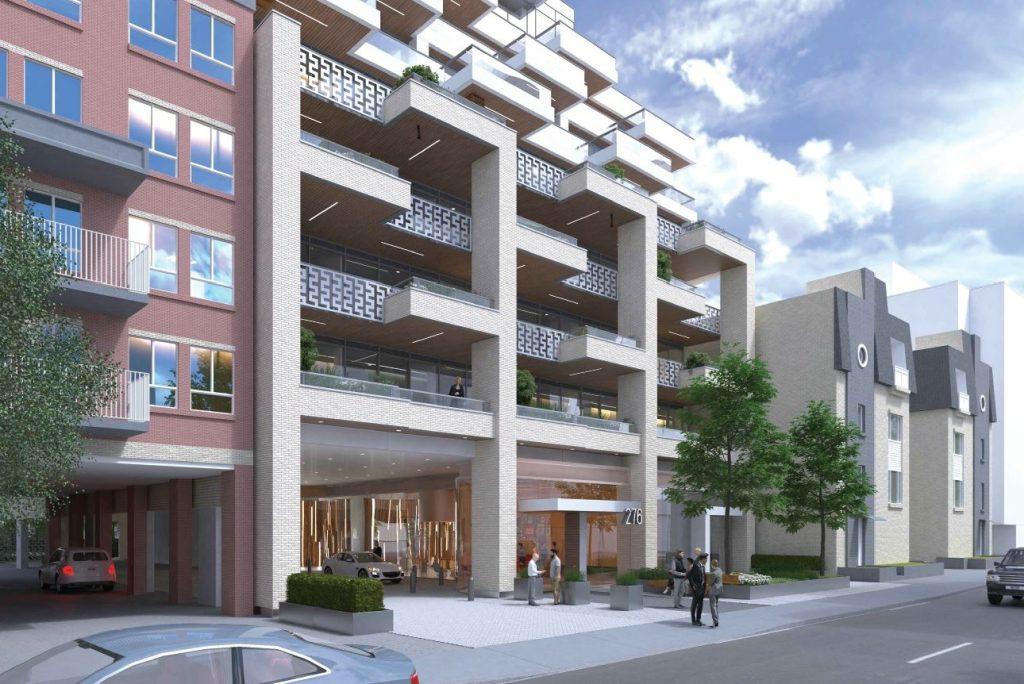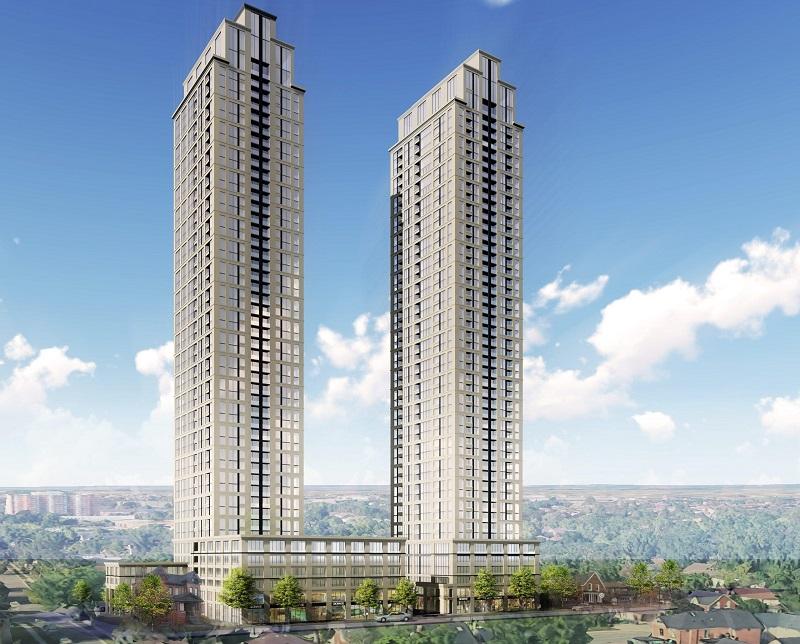
Real Estate Investment Guide & Trends for 2022

This epidemic, from the outset, has defied almost every economic forecast. Astonishingly, businesses, restaurants, and workplaces will all close in March 2020. The stock market plummeted, and employment swiftly vanished. It didn’t turn out to be as bad as many Americans had imagined it would be. At record speed, the economy and the real estate industry recovered. Production is already higher than before COVID-19, and employment may return to pre-COVID-19 levels by the beginning of 2022.
As a result of the pandemic, real estate investment may seem almost the same as it was before. It’s not true. It’s possible that certain markets and industries have been irreversibly altered by this. Property managers must now conceive of new uses for aging infrastructure and assets. Bottlenecks in the supply chain are another economic hindrance. Inflation is a key economic risk that comes with labor and product shortages.
What’s going to happen next? To a large extent, it will be decided by the virus. The Delta variant gained hold in the spring of 2021, resulting in an increase in COVID-19 infections. In addition to cancelling or rescheduling trips, many people were afraid to dine inside restaurants or watch movies with strangers. Planned returns to work have been postponed by employers. One thing is certain: Businesses must have the flexibility and adaptability necessary to keep up with shifting market conditions.
Investing wisely has the power to transform our lives and allow us to pursue our ambitions. Most of us have a variety of assets in our portfolios, including stocks, gold, bonds, and government-sponsored programs, but real estate has been one of the most overlooked or undervalued investments in recent years. Real estate investment might be the best option for you given India’s recent economic growth and the rise in the average income in most Indian cities.
Your Guide on Investing in Real Estate
There are many similarities between investing in real estate and investing in any other kind of business or condos investment portfolio. Both low-risk, low-return and high-risk, high-return investment options are available.
The first step in investing is figuring out what sort of investor you are, what you want to gain from the investment, and what kind of property you want to buy.
The Importance of Real Estate
Kingdoms have been engaged in land wars for millennia, sparing no resources in their quest to gain control of this rich resource. Despite the fact that kingdoms no longer exist, the need for land remains constant, with everyone competing for a piece of the pie. Investing in quality real estate is a smart choice since it never loses its appeal or value, making it a better alternative than other investments.
Everyone’s aim is to buy townhouses in GTA, and achieving this goal may provide both emotional and financial happiness. There is a lack of land available for purchase in many major American cities, which means that even a modest apartment may provide you with a return on your investment.
Things to Keep in Mind Before Making a Real Estate Investment
Anyone who has never invested in real estate before might get carried away by the promise of rewards and end up investing in properties that don’t pay off. As a novice investor, you should keep the following considerations in mind before deciding to invest your hard-earned money in real estate.
Be Patient– Buying a home is a lengthy process, and most real estate transactions take a few days to complete. Despite the fact that many real estate companies promise to finish the necessary paperwork within 24 hours, it is important to remember that showing patience might help you get a better bargain. You may end up paying more for the property or getting a home that doesn’t live up to your expectations if you rush into a deal. Your patience could be tested since sellers might delay projects and prevent you from seeing the return on your investment.
Research The Property – You need to do your study before you go looking for detached houses in GTA. This is especially true in today’s market. Many new construction projects are making it hard to find the perfect property since sellers are renowned for enticing purchasers. The facilities provided, the history of the building business, the materials utilized, and the location in which a property is situated may all affect your investment’s return. You might end up regretting your purchase if you don’t do your homework before making the purchase.
Check The Papers – One of the most crucial factors to consider when purchasing a property is verifying the property’s legal documents since it is easy to be conned into purchasing a fraudulent property. Long court battles or litigations might effectively negate your investment if you purchase a home without clear titles. To avoid acquiring a property that may be involved in a legal dispute, all property documents should be authenticated by legal professionals. You should be on the lookout for homes that are being sold at a discount because they may be involved in a lawsuit or have a problem with the current owner.
Analyze Current Market Values – The majority of local governments give current market value recommendations to assist investors. As a buyer, it’s important to know what the market rate is in your area so that you don’t end up investing in real estate properties more than you should. If you keep an eye on current market rates and trends, you can anticipate what future profits you could see.
Real Estate Investment Trends
-
Commercial Buildings are Still in High Demand
Because of the enormous popularity of shops like Amazon, internet shopping became immensely popular before the coronavirus, making industrial properties even more sought-after. E-quick commerce’s expansion has been aided by the move away from in-person purchasing to online buying that has happened during the last two years.
Demand for industrial buildings like warehouses has skyrocketed as a result of this surge in retail sales. E-commerce merchants rely on features like the fast shipment to differentiate themselves from their brick-and-mortar rivals, so having a nearby inventory storage location is essential. It is virtually probable that e-commerce enterprises will continue to seek additional warehouse and industrial space in 2020 and beyond. This will lead to a rise in the number of investors and businesses purchasing these spaces.
-
Some markets may be impacted by climate change
As wildfires continue to rage far into the fall and winter months, there’s a strong probability that anomalous weather and natural catastrophe patterns will continue to afflict the country in 2022, as well as the following year.
Affecting prices and demand, as well as the capacity to finance condos for sale, are possible outcomes of these problems. Buyers have generally paid more for coastal properties because of the increased danger of storms and floods that these properties face due to increasing temperatures. It might be difficult for buyers and lenders to find properties in these areas that carry this level of risk, which could lead to a decrease in property values. In certain areas of the country, this has already taken place, and it’s likely to continue, despite the national market’s recent resurgence.
-
It’s time to step things up a notch
Population growth is shifting from big metro regions to secondary markets, and this might have a substantial influence on the rehabilitation initiatives of 2022. Real estate investment is still limited in many parts of these smaller markets since they weren’t ready for the surge of new people. As a result, secondary markets are expected to see an increase in rehabilitation activities next year to make room for the newcomers.
Developers and investors may look forward to a slew of new gold mines springing up in these secondary markets. Older houses will be demolished or destroyed to make room for newer ones, and low-cost areas in desirable locations will be turned into upscale havens for wealthy newcomers. As a result, neighborhoods and business districts in secondary markets around the country will be reshaped, which may either be a good thing or a bad one, depending on your perspective.
 April 4, 2022
April 4, 2022



